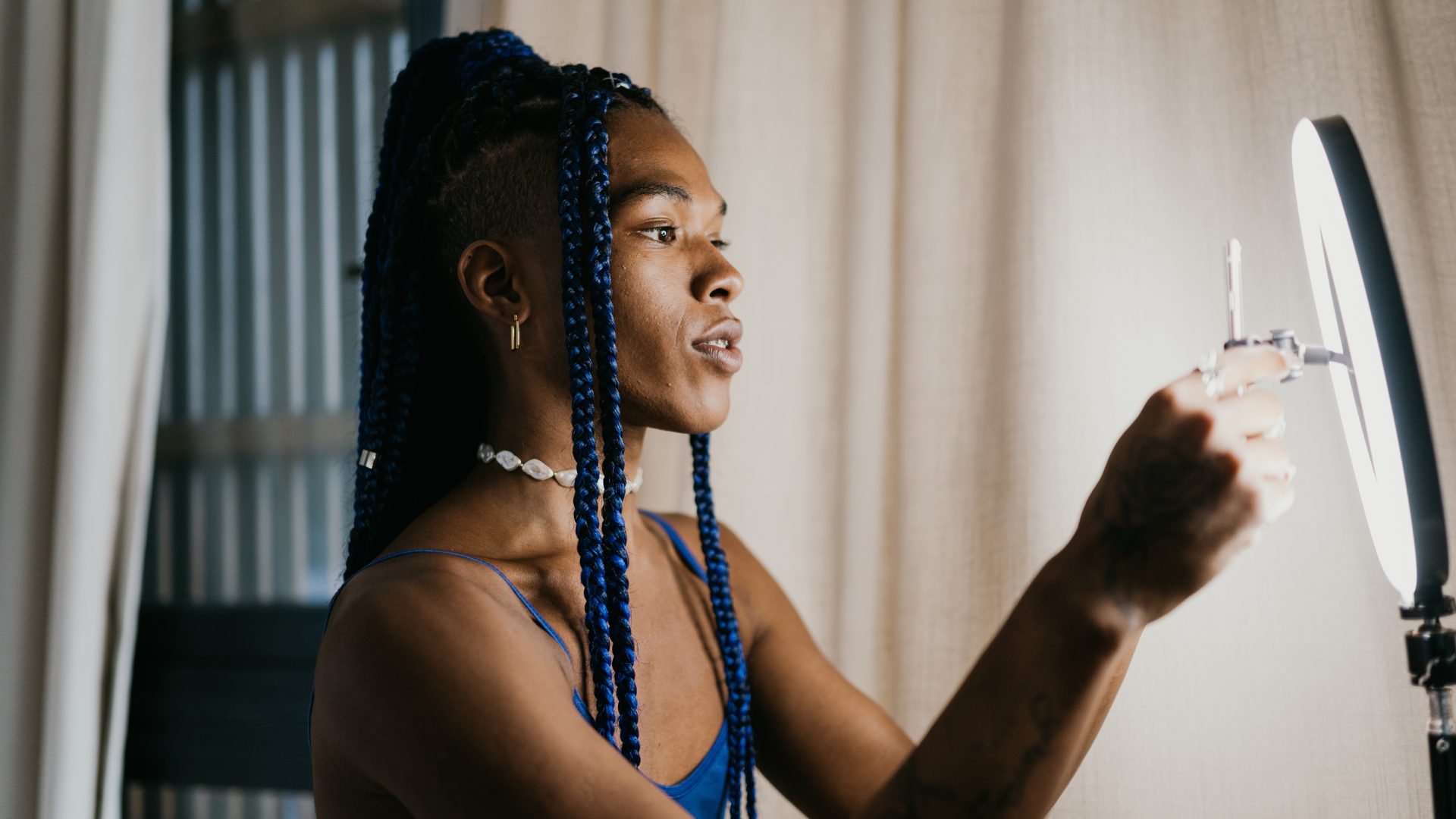
Music plays a pivotal role in TikTok videos, enhancing storytelling and boosting overall engagement. The right sound can create emotional depth, spark humor, and evoke nostalgia or joy—all in a matter of seconds. Beyond that, music builds bridges across cultures, acting as a universal language that helps trends go viral and connect people across the globe. But when it comes to influence, music by Black artists sits at the center of TikTok’s cultural power.
Black music is a driving force behind artistic innovation and global trends. Still, Black creators continue to face disproportionate challenges compared to their non-Black peers. This tension hit the spotlight with Megan Thee Stallion’s hit “Savage,” when TikTok creator Keara Wilson called out the lack of credit she received for the viral choreography she created. The frustration came to a head in 2021 when Black TikTokers launched a digital strike, protesting the appropriation of their creative work—especially original dance content—without proper recognition.
TikTok creator Erick Louis made a bold statement during the strike, posting a video set to Megan Thee Stallion’s “Thot Sh*t” with the words: “MADE A DANCE TO THIS SONG.” Seconds later, the screen flipped to “SIKE. THIS APP WOULD BE NOTHING WITHOUT BLK PEOPLE.” The message was clear. The hashtag #BlackTikTokStrike gained traction as creators halted their usual output—prompting a noticeable creative void on the app and revealing just how dependent TikTok’s algorithm and cultural engine are on Black creativity. Without it, the vibe shifted—awkward, forced trends tried and failed to replicate the magic.
In response, TikTok issued a statement on June 23, 2021, promising a renewed commitment to diversity and inclusion. But performative statements aside, Black creators still face disparities in credit, compensation, and visibility within the creator economy. Yet, despite the obstacles, Black creativity continues to shape TikTok’s cultural DNA—especially through sound.
Dance trends set to songs like Tupac’s 1996 classic “How Do U Want It” have resurfaced and spread across platforms, introducing new generations to timeless music. After years of making music, Ravyn Lenae saw a breakthrough moment when a user-created mashup of her track “Love Me Not” with Solange’s “Losing You” went viral. The indie-pop anthem has since inspired over 470K posts, with creators lip-syncing or sharing heartfelt moments to the song’s breezy, ‘90s-inspired sound. Meanwhile, R&B artist and Victorious alum Leon Thomas earned his first Billboard Hot 100 hit with “Mutt”—a track now featured in over 645K TikTok posts, often paired with stylish, aesthetic-heavy content.
The numbers don’t lie: from dance crazes to sonic revivals, Black music continues to electrify TikTok. But amplification without attribution isn’t enough. As Black creators drive culture forward, the bare minimum should be proper credit, visibility, and compensation. Acknowledgment isn’t optional—it’s overdue.